
Exciting new series on “Voice, Body and Movement for Lawyers – How to connect with the jury and find Justice Through Dramatic Technique!”
Click here to find out more
The privilege rests on the need to know all that relates to the client’s reasons for seeking legal help and is strictly construed to protect against others seeking to know. Trammel v. United States, 445 U.S. 40, 51 (1980).
The Supreme Court has repeatedly declared: “In our judicial system, the public has a right to every person’s evidence subject to the invocation of privilege”.
Learn more in the tantalizing presentation by the esteemed Jay Goldberg!
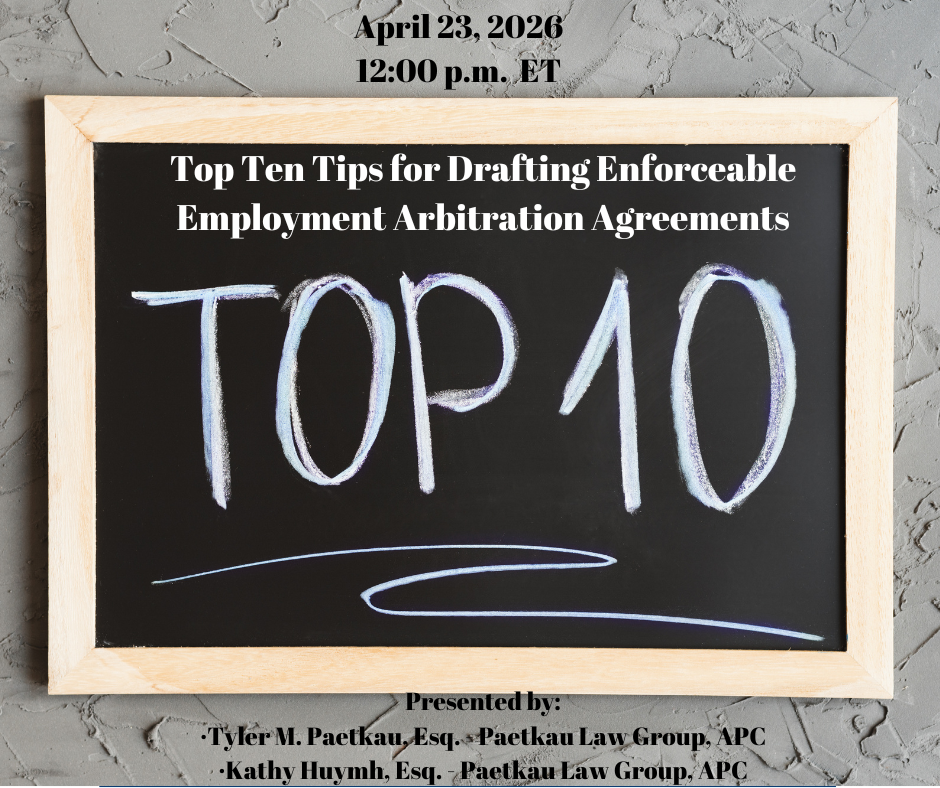
In the rapidly evolving landscape of employment law, arbitration agreements have become a cornerston...
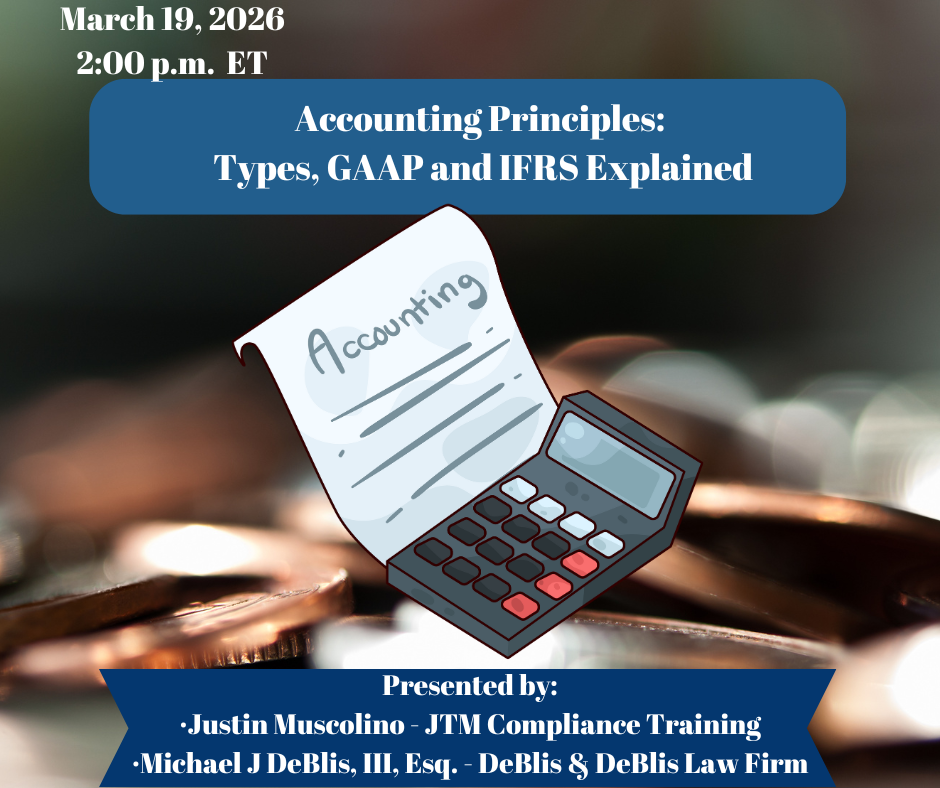
Attorneys will receive a comparative analysis of GAAP and IFRS with emphasis on cross-border legal c...
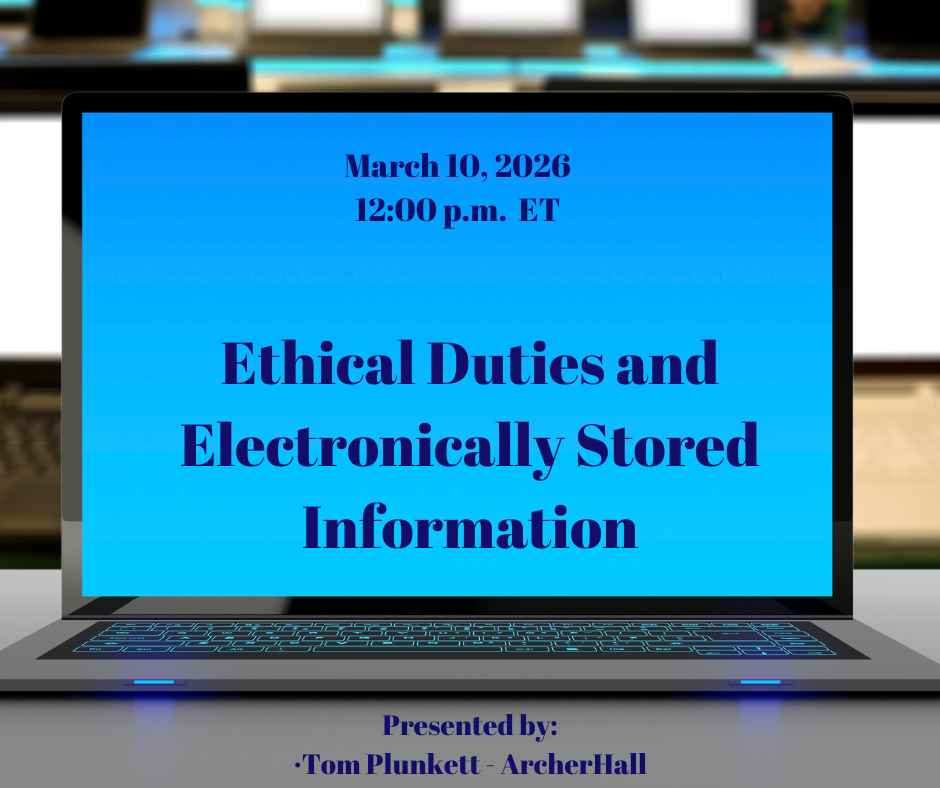
This CLE program examines attorneys’ ethical duties in managing electronically stored informat...
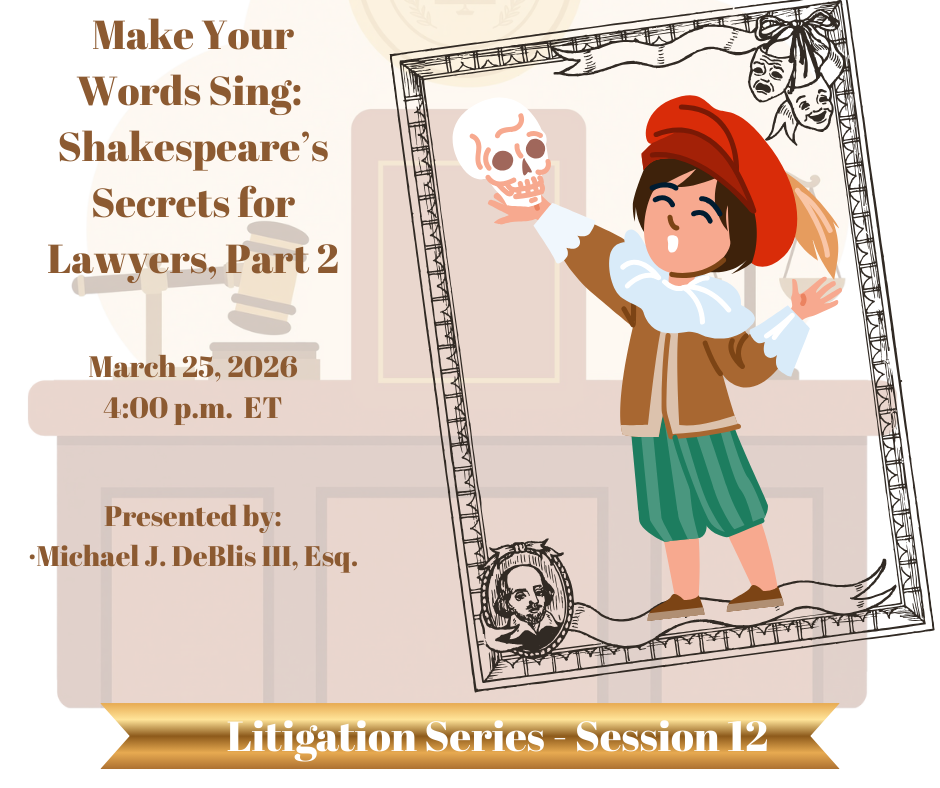
This companion program to Part 1 goes deeper into the rhetorical power of Shakespeare, emphasizing h...
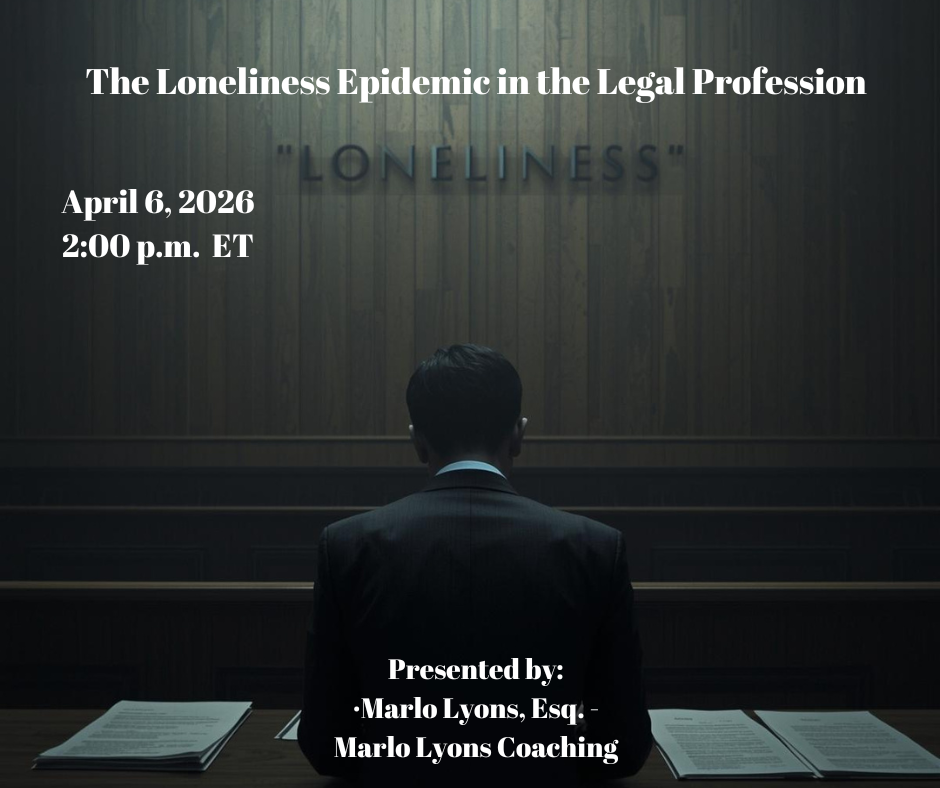
Loneliness isn’t just a personal issue; it’s a silent epidemic in the legal profession t...
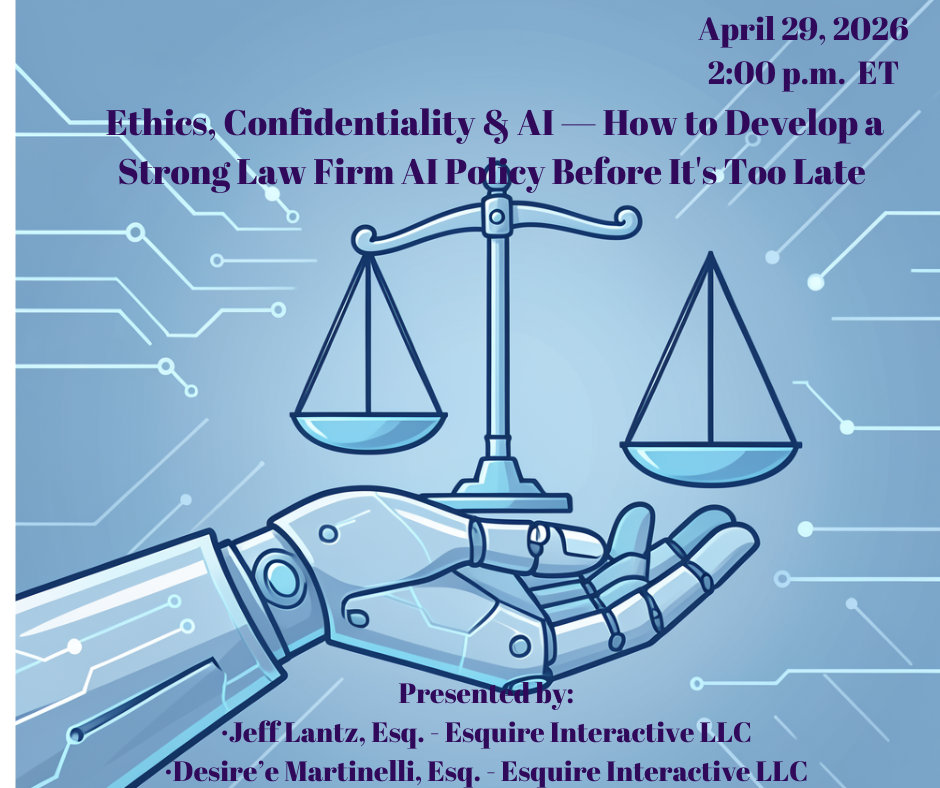
Artificial intelligence is already reshaping legal practice, from research and drafting to litigatio...
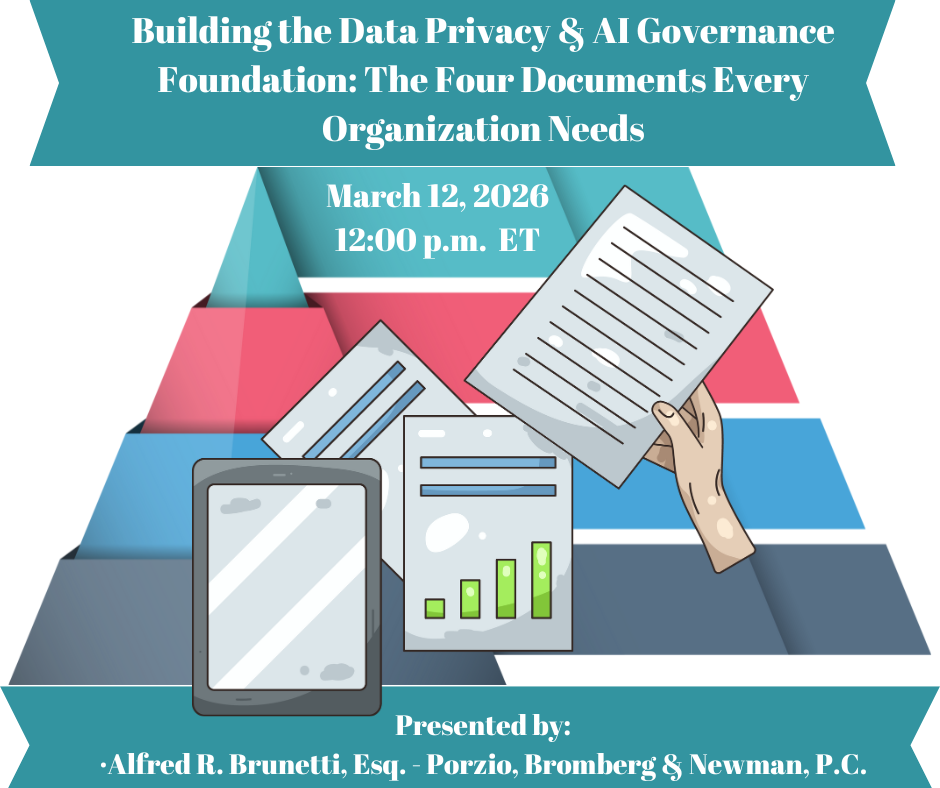
Effective data privacy and artificial intelligence governance programs do not happen by accident. Th...
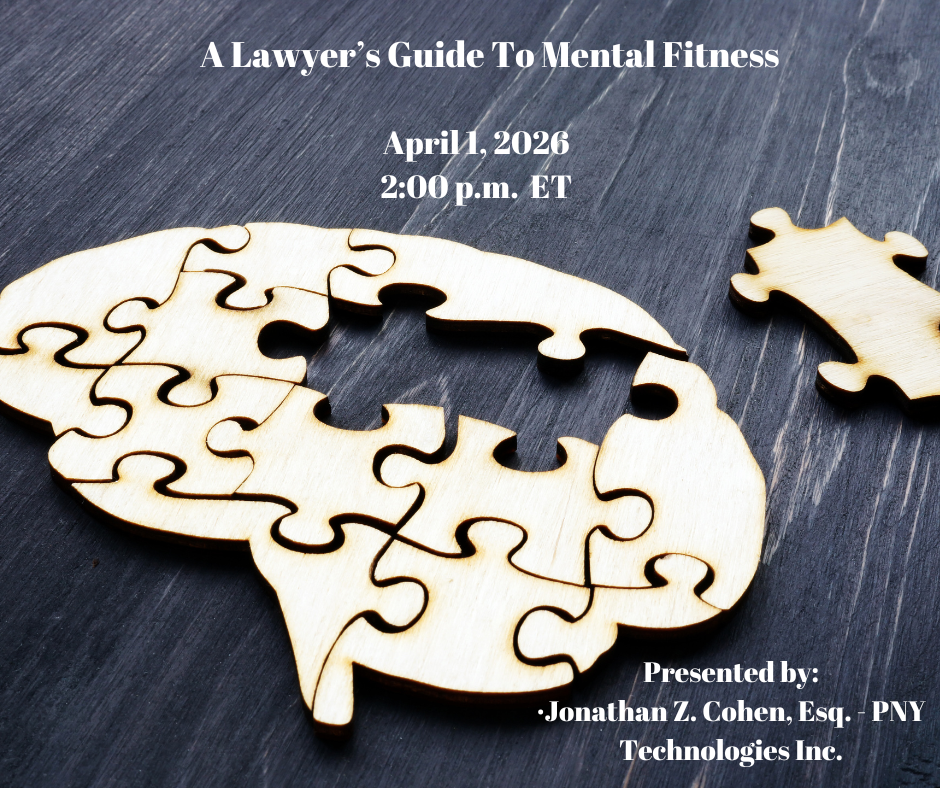
‘A Lawyer’s Guide To Mental Fitness’ is a seminar designed to equip professionals ...
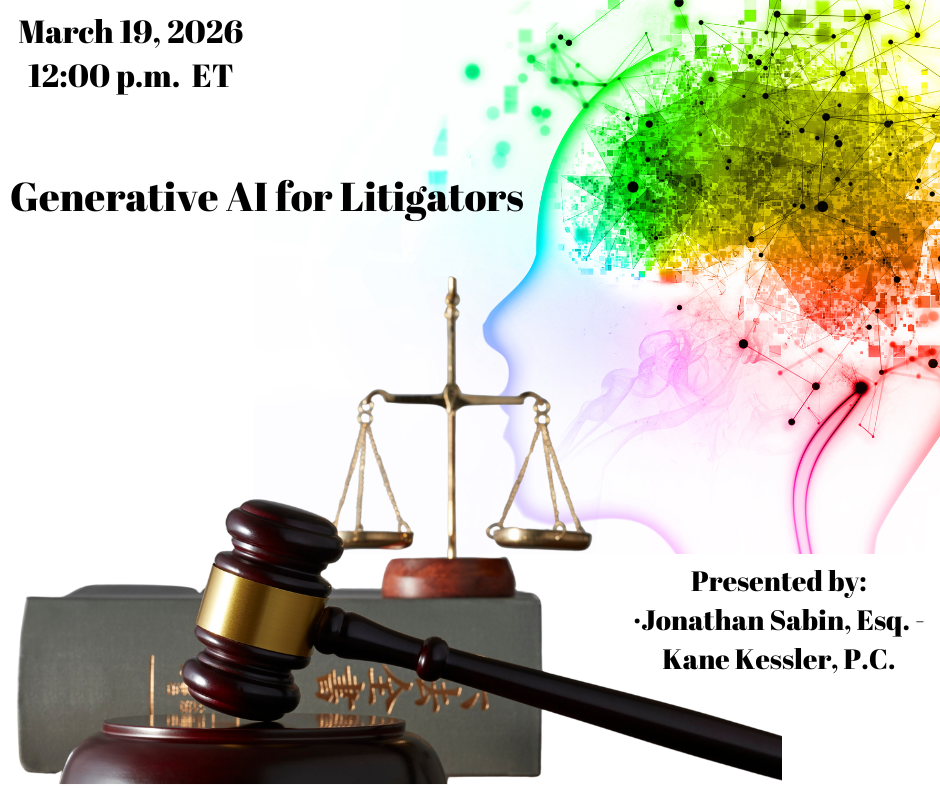
Explore the transformative potential of generative AI in modern litigation. “Generative AI for...
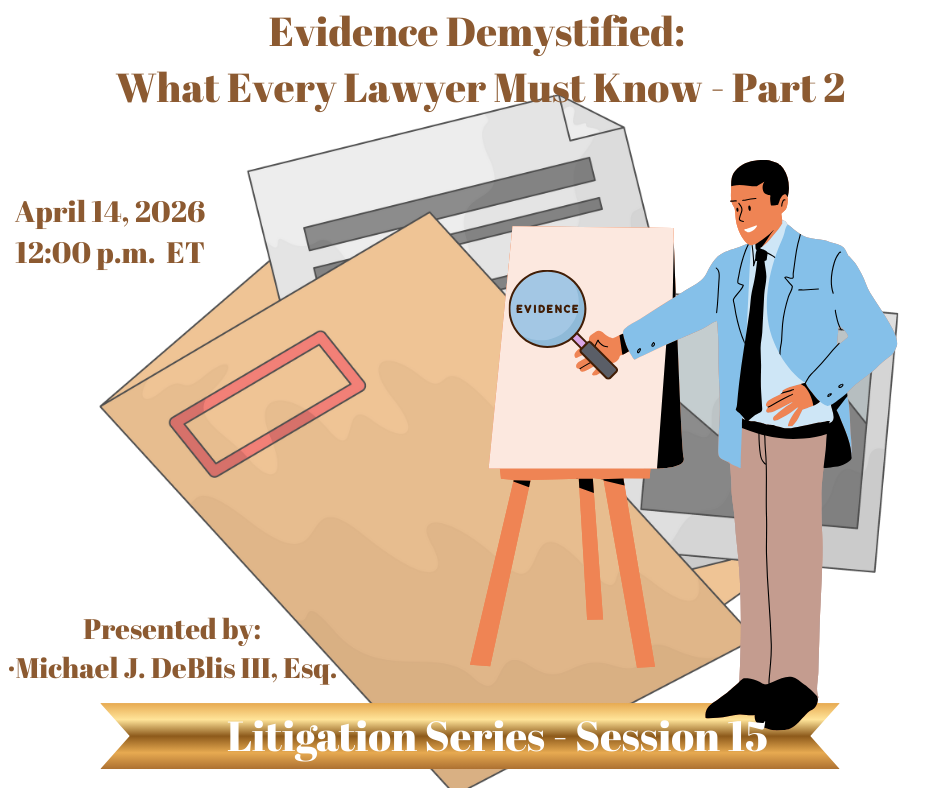
Evidence Demystified Part 2 covers key concepts in the law of evidence, focusing on witnesses, credi...